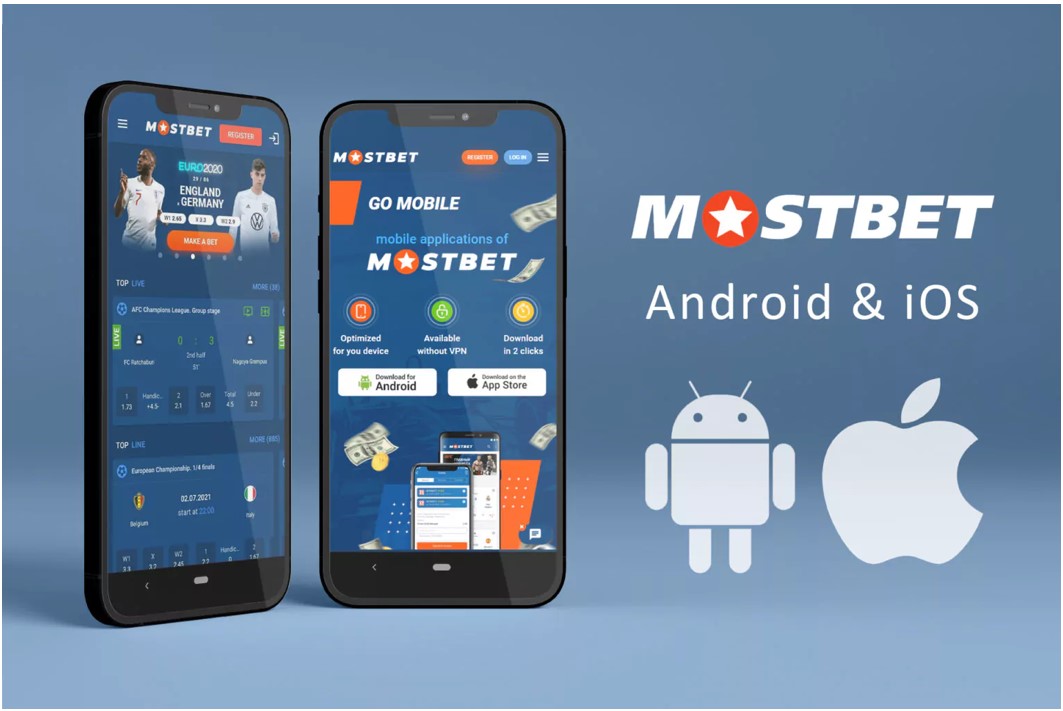
How to Choose the Best Online Learning Platform for Your Needs
The world of online education is vast and diverse, with numerous platforms offering various courses tailored for different learning styles and needs. If you’re unsure where to begin, this guide will help you navigate your options. To get started, you can check out How to Choose the https://vsochi.online/log-in/ for online learning resources.
Understanding Your Learning Style
Before diving into the wealth of options available, it’s essential to understand your own learning style. Are you a visual learner who benefits from graphics, videos, or infographics? Or do you prefer auditory learning, favoring lectures and podcasts? Maybe you excel in kinesthetic learning, requiring hands-on practice and interactive activities. Recognizing how you learn best will significantly influence your choice of platform.
Defining Your Goals
Establishing clear goals is crucial when selecting an online learning platform. Are you seeking to acquire skills for your current job, pivot to a new career, or engage in personal development? Short-term courses might suit those looking to gain specific skills quickly, while comprehensive programs cater to individuals seeking in-depth knowledge in a particular field.
Exploring Course Offerings

Not all platforms offer the same depth and variety of courses. Research what subjects and skills each platform specializes in. Popular platforms like Coursera and edX feature courses from esteemed universities, while others like Udemy and Skillshare offer more practical, skills-oriented content. Look for platforms that align with your interests and goals.
Considering Course Format
The format of the courses offered can vary greatly between platforms. Some provide video lectures followed by quizzes and assignments, while others may focus on interactive sessions with live instructors. Think about how comfortable you are with self-paced learning versus structured, scheduled classes. Choose a platform that resonates with your preferred learning format.
Evaluating Instructors
The quality of instruction is paramount when choosing a learning platform. Research the instructors leading the courses. Do they have relevant experience and expertise in their field? Are they engaging and effective in their teaching methods? Reading reviews and ratings can give you a better understanding of the instructors’ capabilities. A passionate instructor can significantly enhance your learning experience.
Assessing Costs and Financial Aid Options
Certain online learning platforms are more budget-friendly than others, and some offer financial aid or scholarships. Start by identifying your budget. Many platforms provide free courses, while others charge for certifications or more advanced courses. Make sure to look for any financial support options if the fees exceed your budget.
Checking User Reviews and Success Rates
User reviews can provide valuable insights into a platform’s effectiveness. Look for testimonials from other learners regarding their experiences. Check for success rates—how many students completed the course, and how many found employment in their desired field after completion? This data can help you gauge the real-world value of the courses offered.

Exploring Community Support and Resources
A robust learning community can enrich your education experience. Some platforms offer forums, study groups, and mentorship opportunities that encourage collaboration among students. Having access to support can help you stay motivated, as you can share challenges and solutions with fellow learners.
Testing the Platform with Free Trials
Most reputable online learning platforms offer free trials or sample courses. Take advantage of these opportunities to assess the platform’s usability, course content, and whether the instructional style matches your learning preferences. This trial period is a critical step in ensuring that you find the right fit for your educational journey.
Staying Flexible and Open-Minded
Lastly, remain flexible and open to exploring various platforms and learning styles. Your preferences may evolve as you advance in your education. Don’t hesitate to try out different courses from various platforms until you find what works best for you. Online learning is a journey, and it’s essential to enjoy the process as you acquire new knowledge and skills.
Conclusion
Choosing the right online learning platform requires careful consideration of your learning style, goals, course offerings, and personal preferences. By doing your research and remaining open-minded, you can find a platform that meets your needs and maximizes your learning experience. Remember, the educational path is unique for everyone, so take the time to find the right fit for you.